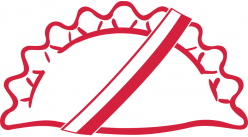Meaning:
Lit. “to have a snake in the pocket” which refers to somebody being very thrifty, or even, stingy. Poles readily apply this to inhabitants of my hometown Kraków who are widely known to save every penny they can. And so, such a person is under no circumstances willing to put hand in their pocket as if the said reptilian was sitting there waiting to bite them.
